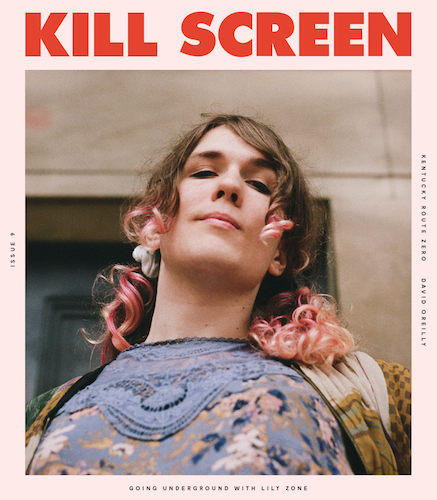
When Boston Celtics forward Jonas Jerebko announced his purchase of floundering esports organization Renegades today, he became the latest in a long(ish) line of basketball players and owners to make the leap to D I G I T A L S P O R T S. From what I can tell, Jerebko is the William “Leffen” Hjelte of the NBA. He’s Swedish, for one thing, but he also seems to have at least a dash of Leffen’s firebrand attitude: he was suspended from the opening game of his 2009 rookie NBA season for a preseason brawl with then-Miami Heat center Jamaal Magloire. Although maybe he’s mellowed out a bit since then—The Daily Dot reported that Jerebko purchased and personally assembled IKEA furniture for his newly-acquired Counter-Strike players, which I’d bet is more than the owner of the Boston Celtics would be willing to do for him.
He’s far from the first NBA player to demonstrate affection for esports.
In any case, Jerebko is far from the first NBA player to demonstrate some affection for esports. Brooklyn Nets player Jeremy Lin is a noted Dota 2 fan who served on a panel at The International 2015. Gordon Hayward, star of the Utah Jazz, openly brags about his League of Legends prowess. Shaquille O’Neal co-owns team NRG, which has divisions in League, CS:GO, Overwatch, and Super Smash Bros. Another ex-Lakers player, Rick Fox, founded a team called Echo Fox that now fields players in League, Call of Duty, CS:GO, Street Fighter, and Smash. It’s not just players who are hopping on the bandwagon: Immortals, a team with League and CS:GO divisions, now counts a co-owner of the Memphis Grizzlies among its major investors.
Compared to basketball, esports adoption in other traditional sports has been downright glacial. Baseball players Alex Rodriguez and Jimmy Rollins also invest in NRG, but you don’t see them tweeting about esports with the enthusiasm that Shaq does. I can’t find any evidence of NFL players investing in esports, and searching “esports + golf” turns up more hysterical articles about esports eating into golf’s viewership than news bits about players making the plunge. Is there something about basketball that makes its players and owners more amenable to esports?
Stand by as I exchange my “Serious Journalist Fedora” for my propellor-topped “Wild Speculation Beanie.”
Here’s one possible explanation: the five-on-five format of popular esports like League, Dota 2, and CS:GO is obviously, definitely, totally closer to basketball than any other sport. Contrast basketball with American football, which pits brawny armies of eleven against one another in abortive spurts of kinesthetic violence. Basketball games are grueling, marathon affairs, emphasizing both stylish individual play and fluid teamwork; they arguably have more in common with Dota 2 than they do with football, let alone golf. Yep.
Is there a correlation between fan culture and player culture?
Another possible (and more, uh, sober) explanation is the fact that basketball is one of the “youngest” sports. The NBA has the youngest audience in America, with 45% of its viewers under 35 (for esports, the number is 72%). If basketball’s fans are younger, and therefore more likely to appreciate esports, is it possible that their tastes have a spillover effect on the league itself? Is there a correlation between fan culture and player culture? NBA players might not be younger than their NFL equivalents, but if they’re immersed in a more youthful culture, that might contribute to their willingness to embrace videogames as sports.
Of course, there’s a perfectly believable explanation that has less to do with the fundamental properties of basketball than with pure serendipity. Maybe esports just happened to get a foothold in basketball first, and what we’re seeing now is the natural spread of the idea within the NBA community. Shaq buys an esports team, tells his buddies about it, and it gets them thinking. Soon, the concept is circulating around the league. If this explanation is correct, and basketball’s esports outlier status is a matter of random chance, it’s possible that the idea will soon take root in other sports. Two years down the line, we could be looking at a Cam Newton vs. Peyton Manning championship rematch—in League of Legends.
Header photo via Riot Games.










